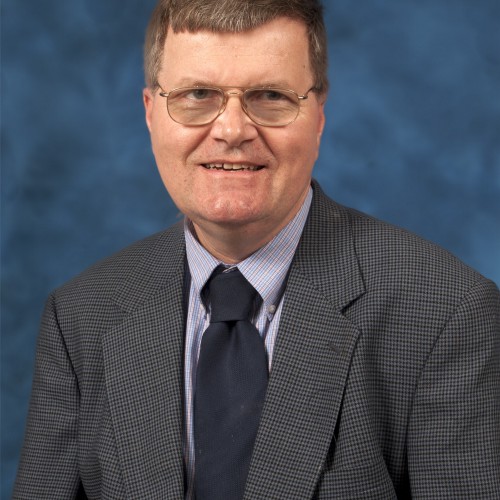A minister
colleague of mine recently observed not too long ago that in his previous
congregation, he had a challenging church member. The congregant was described
as “the grumpy old man who sat in the front pew. ‘This gentleman was described
as someone who always complained, someone who was always pointing out mistakes
either that happened in the worship service or misprints in the bulletin.
I would
argue that a lot of clergy have had, at one point in their ministry, “the
grumpy old man who sits in the front pew. “Some clergy, especially younger
clergy, might find it unnerving to have someone consistently critiquing them.
The phenomena could feel like a job interview that never ends.
On the other
hand, those church members who show up every Sunday, verbalize their comments
either good or bad about the life of a congregation are hopefully taking their
faith seriously! Perhaps, maybe instead of dreading those who critique church
life, we should embrace them instead.
As I
mentioned before, church attendance nationally is dwindling. More and more
churches are finding that they may need to close. One large church in Florida
recently roped off a lot of its pews because their attendance is more meager.
Another church in Portland, Or is actively selling its excess pews.
When I hear
all of this, I find myself feeling very concerned for the future of the
church. Where are we heading regarding
mainline Protestant Christianity? Thirty plus years ago, the idea was that you
went to college, went away, usually across the country, to attend seminary or
divinity school, you got ordained and then you began a series of pastorates
ranging from small to medium and eventually to large churches. This was the
system of meritocracy that church denominations fostered.
Now, we have
seminaries, such as one that is in New York, that are not even marketing any
degrees that are focused upon the goal of ordination. Rather, they are offering
certificates in various forms of ministry including urban evangelism. Most of
the students who are attending these schools will be doing some form of lay
ministry. Again, this is wonderful but it does create a different trajectory
versus ordained ministry.
Increasingly
also, we have the growing number of Nones, thus who are not affiliated at all
with any denomination nor religion. Theological institutions like Harvard
Divinity School, Yale Divinity School, Union Theological Seminary, Candler School
Of Theology at Emory University are graduating more and more students who are
Nones . These people are not looking to serve churches, but rather are looking
to work for non-profit agencies addressing a wide variety of concerns from
hunger, poverty to the environment and global income inequality.
Which brings
me back to “the grumpy old man who sits in the front pew. “Right now, churches
need all of the self-reflection and critiquing that they can get. There needs
to be a lot more aggressive proactive movement towards adopting collaborative
partnerships and programs between different congregations, perhaps even
reviving two or three point charges, where two to three small congregations
would share pastoral staff.
One church that I am familiar with has the challenge of
fixing its roof, which is estimated to cost a lot of money. If they cannot get
money from endowment sources, they may be faced with appealing to private
donors.
I still
believe ordained ministry is important and that well trained and effective
leadership for churches is more important than ever.
We need to
embrace and sit next to “the grumpy old man who sits in the front pew. “
May It Be So.

